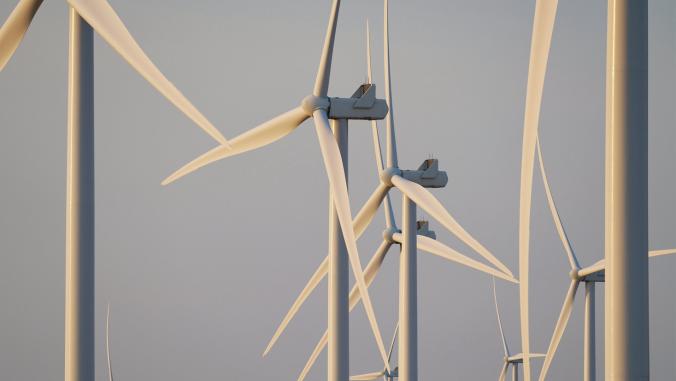ESG in emerging markets shifts from risk to opportunity
<p>Public infrastructure investments have dominated investments in developing economies, but the map is changing.</p>

crowded city street
While many environmental, social and corporate governance (ESG) investments in emerging economies have so far centered on infrastructure projects and risk management, the focus is shifting, said a panel of financial experts during last week's BSR conference in New York.
In particular, investors should pay more attention to domestic businesses and opportunities that can serve new classes of consumers rising in countries like Brazil and China, the panelists said.
"We are at a reflection point," said Seiji Kawazeo-san, sustainability manager for Japan's Sumitomo Mitsui Trust Bank. "The growth of these economies so far have been driven by infrastructure investments, public sector spending. But from this point on, the reason why people want to make investments is because of the growing population of middle income earners."
Paulo Corchaki, chief investment manager for ItauAssest Management, a worldwide asset management company that focuses on Latin America, said Brazil offers a great example of this trend.
Many ESG investments into the country so far have honed in on supporting companies involved in developing industries focused on sustainable export activities -- including biofuels. But these industries account for only half of the country's gross domestic product. This overlooks a big opportunity to help businesses interested in serving domestic consumers, he said.
"The 'E' in ESG investments is very important. We have some huge commodity companies, but the biggest move is the growth of the middle class, the growth of consumption. So the 'S' will become more important," Corchaki said.
Innovative Tier 2 companies have a real opportunity to differentiate by thinking this way, said Miguel Martins, sustainability specialist with IFC Financial Markets Sustainability Group, part of the World Bank Group.
He cites two examples: WIZZIT, which helped rewrite the rules for banking throughout South Africa by allowing customers to use their mobile phones the primary way of accessing accounts, as well as a Tier 2 bank in another market tying interest rates for small businesses to their sustainability efforts.
"Second-tier companies and their investors can become big players because they innovate and look at things like this as an opportunity," Martins said.
Here are some additional trends and observations made by the BSR panelists:
Review government policy closely. In Chile, for example, companies are eager to move into renewable energy development, but they are still waiting for direction about potential feed-in tariffs.
Services and products that support women will have particular relevance. Not only are they historically better credit risks, they also make up 70 percent of the world's poorest people and investment here could have a demonstrable social impact.
Think long term and look at the ESG 'culture' of companies you're considering as an investment. It can take several years for companies to rethink their operational strategies with sustainability and environmental concerns in mind, and to shift their cultures accordingly. That means short-term valuations could take a hit, but many companies that have spent the time to integrate ESG seamlessly into their models over the past three to five years are beginning to outperform their peers.
Read more coverage of the role that ESG pays in emerging economies here.
Image of crowd on narrow street provided by Chaoss via Shutterstock.





